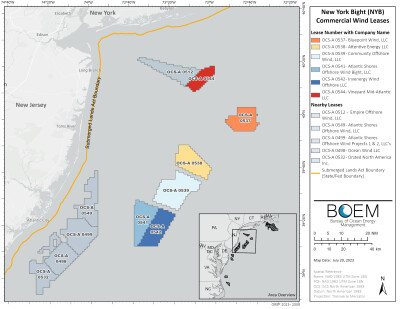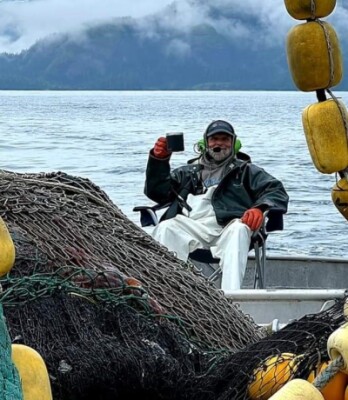NEW BEDFORD, Mass. — Maritime historians, climate scientists and ordinary citizens are coming together on a project to study the logbooks of 19th-century whaling ships to better understand modern-day climate change and Arctic weather patterns.
Whaling ships kept meticulous daily logbooks of weather conditions during their often yearslong voyages searching the globe for whales, valued for their light-giving oil, said Michael Dyer, senior maritime historian at the New Bedford Whaling Museum, which is supplying much of the data.
Some logs include information about life on board, such as sailors falling overboard, or being disciplined for stealing or other transgressions, and of course, notations whenever whales are spotted. More important for this project, they include precise longitude and latitude measurements, weather conditions, the presence of icebergs and the edge of the ice shelf.
Read the full story from the Associated Press >>
Read more about climate change >>






